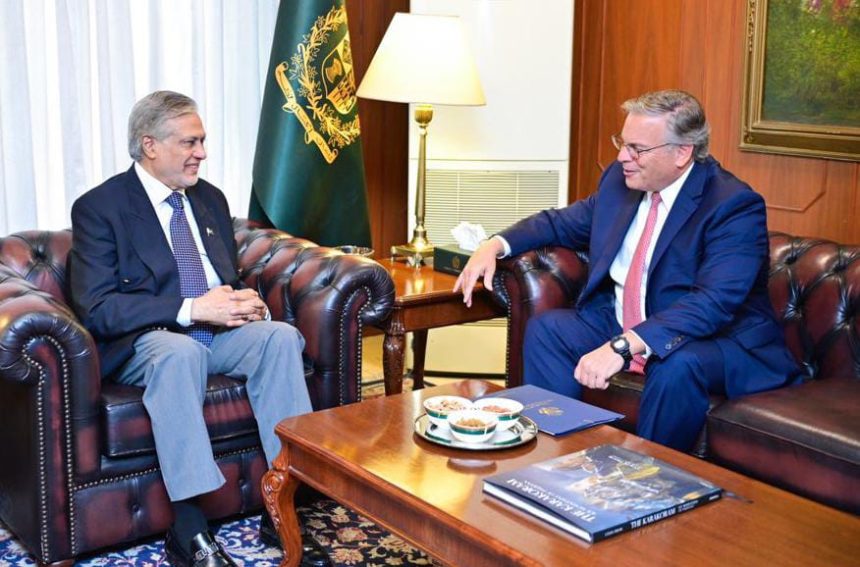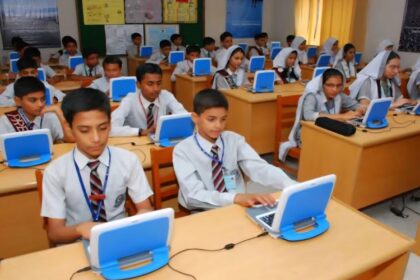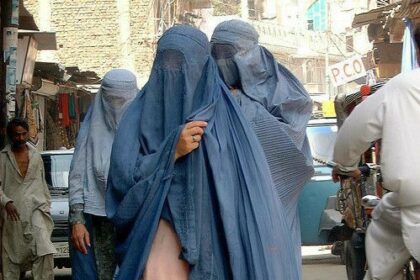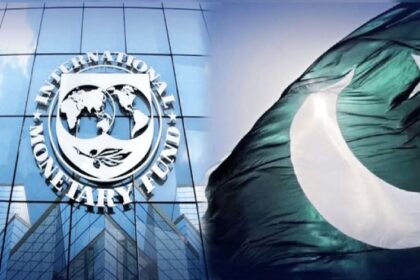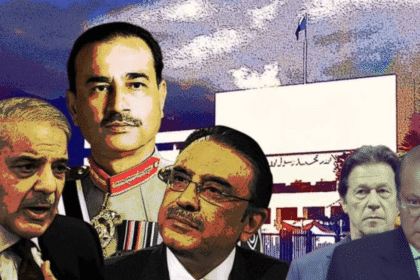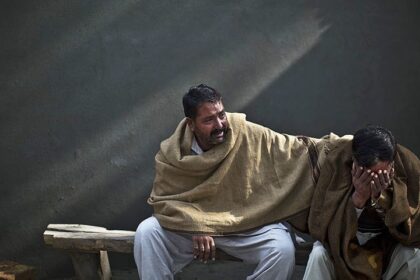As the military pledged to not allow recent terrorist attacks in the country reverse the gains made in the war on terror, and the United States reiterated its commitment to standing “shoulder-to-shoulder” with Pakistan in its fight against terrorism.
The recent Corps Commanders Conference at the General Headquarters of the Pakistan Army in Rawalpindi reviewed prevailing security situation as well as the future course of action to counter the emerging threats. Chief of Army Staff (COAS) General Asim Munir chaired the meeting that mainly focused on the recent surge in violence in Balochistan, where militants carried out coordinated attacks last week.
Hours apart, Deputy Prime Minister Ishaq Dar had a meeting with US Ambassador Donald Blome, in which he sought the American help on the economic and security fronts. During a press briefing, US State Department spokesperson Matthew Miller said both countries had shared interests in combating regional security threats, so the US would continue to stand by Pakistan in its fight.
He condemned the recent militant attacks in parts of the country, and said the recent wave of terror had caused Pakistanis to suffer greatly. Giving additional details regarding the Dar-Blome meeting, US Mission spokesperson Jonathan Lalley said the duo discussed a broad range of regional and bilateral issues, including security challenges confronting Pakistan and the region, economic cooperation and Afghan refugees.
The Foreign Office issued a brief statement confirming the developments, and said the two leaders also discussed the upcoming session of the United Nations General Assembly. It may be mentioned here that more than 50 Pakistanis were killed last week when militants targeted both security forces and civilians in a series of coordinated attacks in parts of Balochistan.
The deadliest of those attacks was reported in Musakhail where 23 laborers were forced out of their vehicles and then killed after confirming their identities as ‘outsiders’. The military, which also lost its soldiers in the attacks, launched a retaliatory operation later in the day and managed to kill 21 of the attackers.
Discussing the situation, the Corps Commanders Conference emphasized that such incidents should not be allowed to turn the tide against terrorism. The Inter-Services Public Relations, the military’s media wing, said the meeting discussed the existing geostrategic environment, especially with reference to militant groups in Balochistan and Khyber Pakhtunkhwa.
The participants discussed the possible ways of combating these threats while stressing the need for collaboration among the military, other law enforcement agencies and courts. Talking to the participants, General Asim Munir stressed the need for legal support to enable swift action against terrorists and other criminal groups. The huddle reaffirmed its stance to support the government and other state institutions in the fight against terrorism and lawlessness, according to the statement.
The conference touched on the subject of cybersecurity, with the military officials stressing the need for tightening security on the country’s cyberspace. They expressed satisfaction over the measures in place to address the use of illegal spectrum associated with terror networks. The huddle re-emphasized the importance of professionalism, integrity, and accountability in the military institution, noting the institution’s loyalty to the state and itself.
It was further pointed out that the military’s system of self-accountability would remain intact. The participants paid tribute to members of the armed forces and law enforcement agencies, as well as civilians who were killed in the recent acts of violence in Balochistan and Pakhtunkhwa. They vowed to honor the fallen heroes by continuing with the fight against terrorism and extremism. Expressing solidarity with the people of Occupied Kashmir, the participants honored the freedom fighters and martyrs.
They condemned the genocide in Palestine. The conference took place against the backdrop of increasing incidents of terrorism. According to the Pak Institute for Peace Studies, an Islamabad-based think-tank, as many as 59 terrorist attacks took place in the country last month, while 38 were reported in July this year. Balochistan with 28 attacks and Pakhtunkhwa with 29 attacks remained the most affected regions in August.






